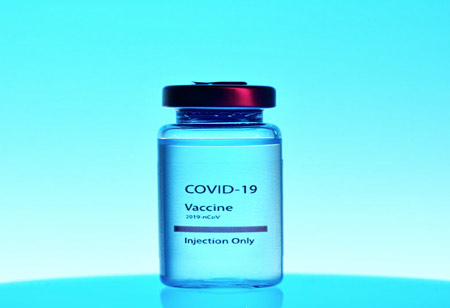The growing significance of medical transcription and translation services in healthcare necessitates robust data security measures, including strict access controls, confidentiality agreements, translation memory systems, secure cloud services, and regular security audits.
FREMONT, CA: The increasing reliance on accurate and secure medical transcription and translation services is pivotal in healthcare, vital for patient record documentation and overcoming language barriers while emphasising confidentiality and data security.
Best Practices for Confidentiality in Medical Transcription
Secure Transmission Channels
Utilise encrypted and secure channels for transmitting audio files and medical documents between healthcare providers and transcription services. This ensures that sensitive information is protected during the transfer process.
Compliance with Data Protection Regulations
Adhere to local and international data protection regulations such as GDPR (General Data Protection Regulation) in the European Union. Compliance with these standards is crucial for maintaining patient confidentiality and avoiding legal repercussions.
Access Controls
Implement strict access controls to limit the number of individuals who can access patient data. Authentication measures, including password protection and multi-factor authentication, should be in place to ensure that only authorised personnel can handle sensitive medical information.
Confidentiality Agreements
Ensure that all personnel involved in medical transcription and translation services sign confidentiality agreements.

